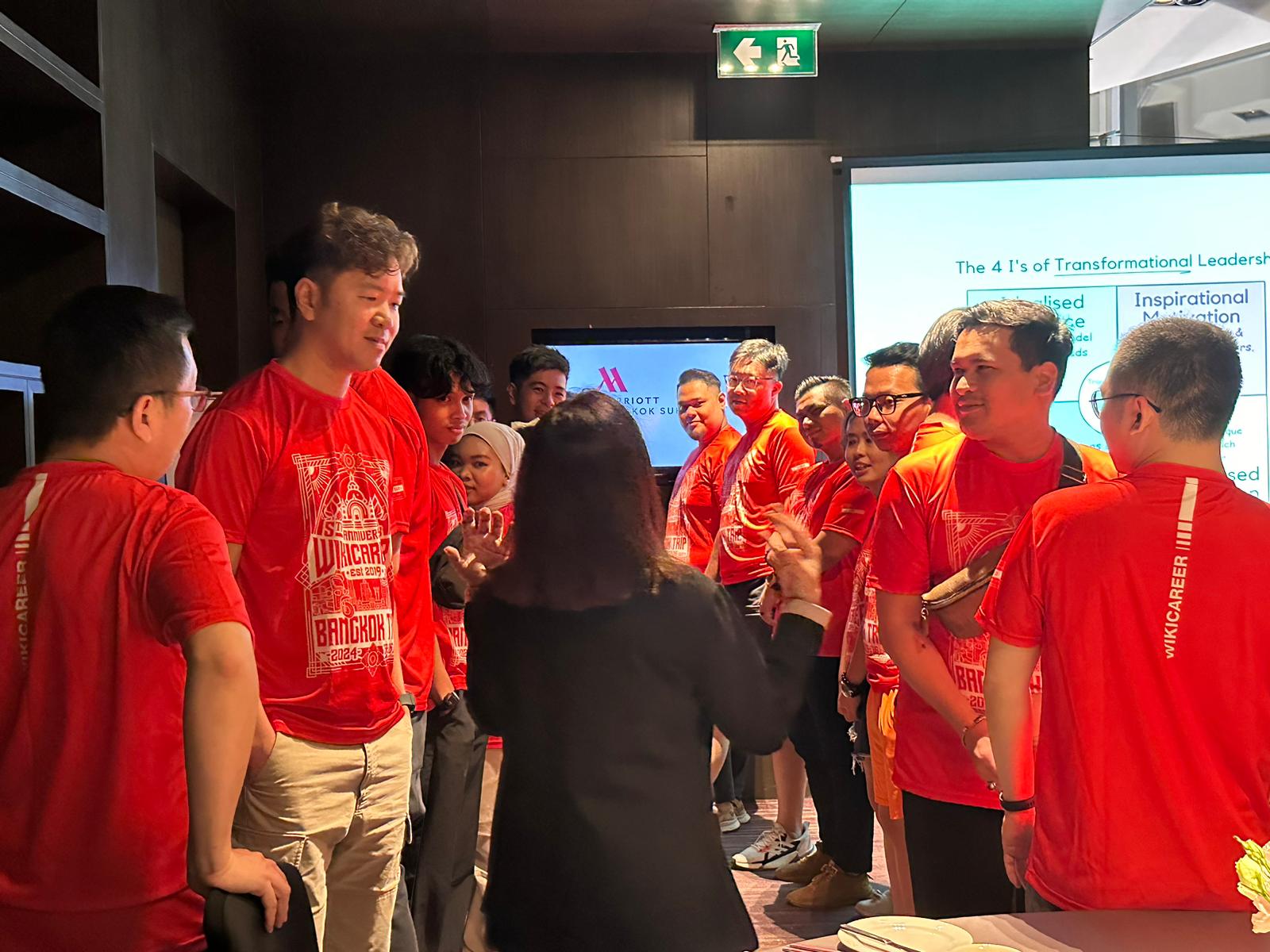OVERVIEW:
In today’s customer-centric market, service quality is a major competitive differentiator. Customers increasingly expect seamless, personalized, and high-quality interactions with service providers. Inadequate service standards can lead to negative reviews, brand reputation damage, and customer loss, while exceptional service can build loyalty, increase retention, and attract new customers through positive word-of-mouth.
Global trends show that organizations investing in customer satisfaction witness improved brand loyalty, higher sales, and long-term profitability. This course, “Elevating Service Standards for Customer Satisfaction,” is designed to empower professionals with advanced skills and strategies to set new benchmarks in service delivery, ensuring every customer interaction meets or exceeds expectations.
Management Training UK, Highly Impactful Training On “Elevating Service Standard For Customer Satisfaction” provides a comprehensive approach to redefining service standards, from understanding customer expectations to implementing industry-leading practices in customer care. Participants will gain insights into the latest service quality trends, strategies to personalize service interactions, and methods to handle complaints constructively. Through interactive sessions, role-playing, and practical exercises, this program focuses on real-world applications and equips participants with techniques to foster positive customer relationships.
Learning Outcomes:
-
Recognize the value of customer-centric service standards and apply best practices for enhancing customer satisfaction.
-
Develop skills in problem-solving, empathy, and communication to handle diverse customer interactions effectively.
-
Identify and implement metrics to measure customer satisfaction and continuously improve service standards.
& Many More !









